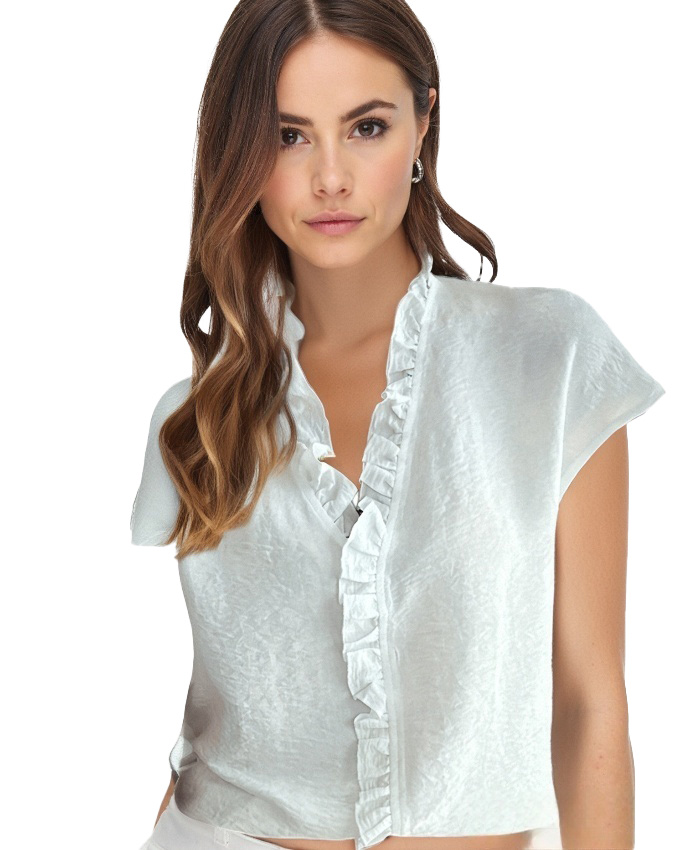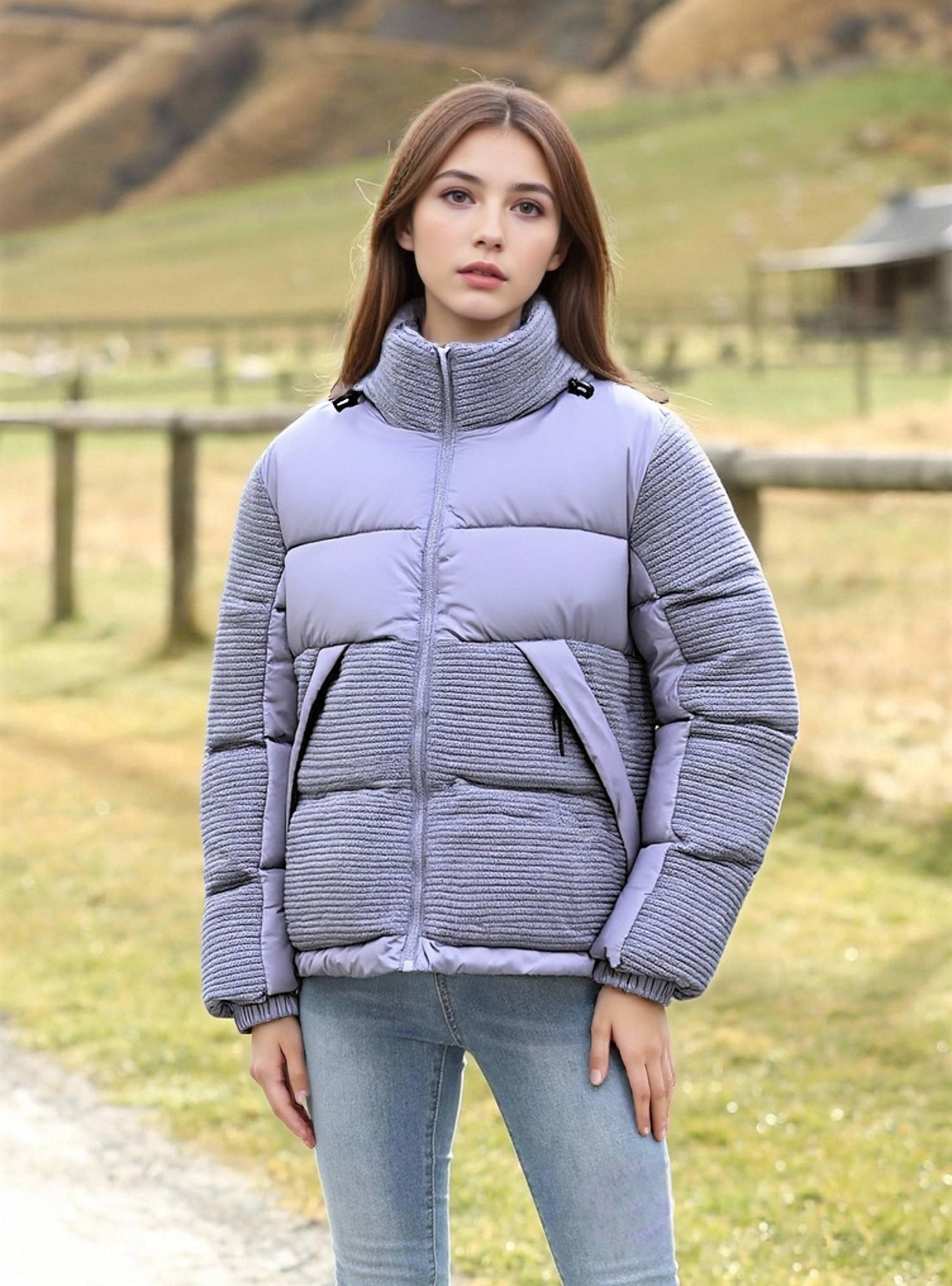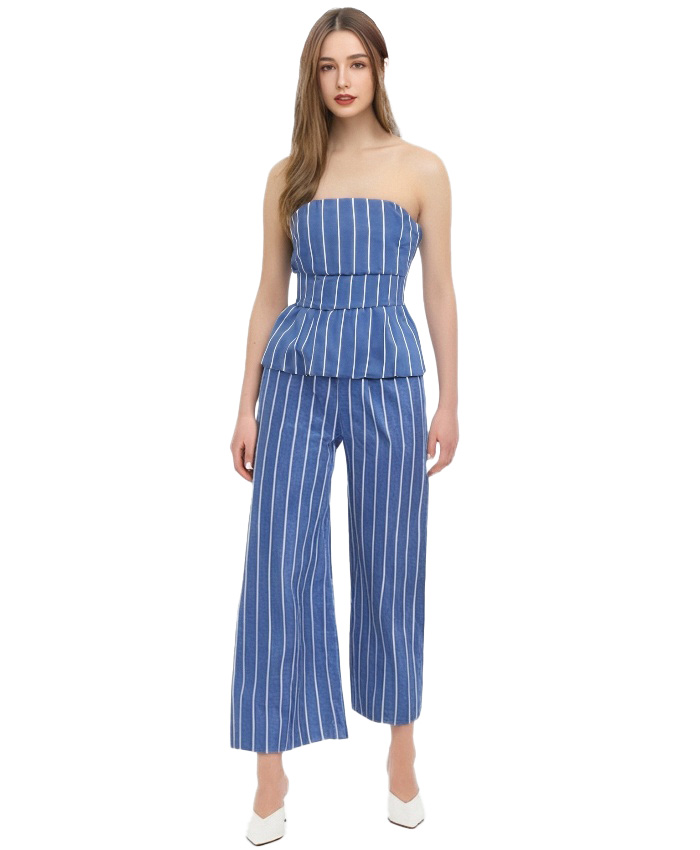We rarely consider the invisible power of our apparel – yet every garment we wear silently communicates with our brains. From power suits to cozy sweaters, clothing isn’t just fabric; it’s a psychological toolkit. Let’s explore how intentional dressing transforms mindset, performance, and self-expression.
1. The Science of “Enclothed Cognition”
Studies confirm clothing directly impacts cognition:
- Formal Wear: Sharpens analytical thinking (e.g., tailored blazers boost attention to detail).
- Comfort-First Apparel: Enhances creative brainstorming (loose knits or soft linens).
- Color Psychology: Red energizes, blue calms, green sparks innovation.
Pro Tip: Match your outwear to daily goals—a structured trench for presentations, a colorful cardigan for ideation sessions.
2. Uniforms vs. Authentic Expression
Corporate uniforms streamline identity but risk stifling individuality. Modern solutions:
- Customizable Basics: Monochrome uniforms with signature scarves/pins.
- “Flex Dress Codes”: Guidelines like “business casual with creative accents” balance professionalism and personality.
Case Study: A Tokyo tech firm saw 23% higher productivity after allowing employees to wear engineered apparel in their signature style.
3. Sustainable Fashion = Mental Well-being
Fast fashion’s “wear once” culture fuels anxiety. Slow fashion alternatives:
- Capsule Wardrobes: Reduce decision fatigue with 30 versatile garments.
- Emotional Durability: Designs evoking joy (e.g., a coat with hidden embroidery) encourage long-term wear.
Data Point: 68% of consumers report reduced stress after switching to intentional dressing (Source: Fashion Revolution 2024).
4. Adaptive Apparel: Inclusivity as Empowerment
For people with disabilities or sensory sensitivities, thoughtful design is life-changing:
- Magnetic closures replace buttons on outwear.
- Seamless knits for autism-friendly comfort.
- Adjustable hems for prosthetic access.
Brands like Tommy Adaptive and IZ Adaptive lead this movement, proving fashion can be both functional and dignified.
5. Rituals: Dress for Your Future Self
Japanese “putting on excellence” (katazuke) philosophy teaches:
- Morning dressing rituals set intentionality.
- Evening “closet gratitude” practices reduce overconsumption.




